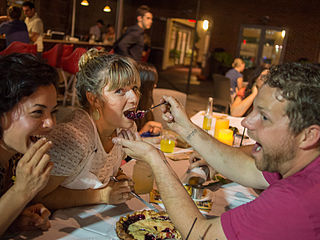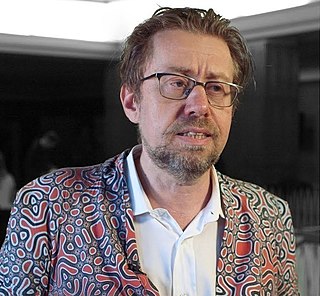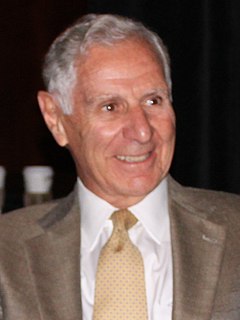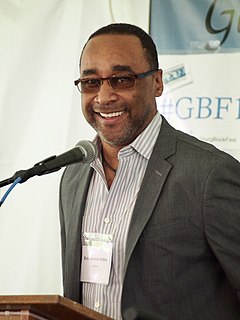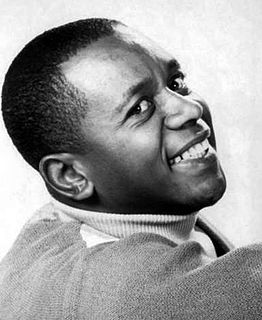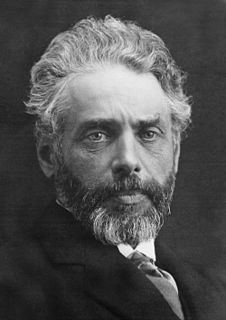A Quote by Rem Koolhaas
Lagos was a city that had been turned against itself. There was a bridge that became the perfect trap for crimes, which began with nails being scattered to cause flat tyres. If the driver stopped, the car would be dismantled in 20 minutes and the parts thrown overboard [to people waiting below]. The system had turned into a kind of destructive device that could be used against people. That was the narrative.
Related Quotes
Sears had layers and layers of people it didn't need. It was very bureaucratic. It was slow to think. And there was an established way of thinking. If you poked your head up with a new thought, the system kind of turned against you. It was everything in the way of a dysfunctional big bureaucracy that you would expect.
I was going to be a writer, and that turned into journalist. And then that turned into a career in children's literature, which turned into early childhood education, which turned into psychology, which turned into premed, which turned into nursing school, which turned into communication, which turned into marketing and advertising.
I would have turned any offer down, if it had turned into a thriller. I would have seen no point in a thriller here. I don't need to entertain people, on top of what we were doing. It's not a question of whether he did it or not. I would have thought that was banal and uninteresting, and I wouldn't care. And it could have also turned into a shoot-out because there were a lot of guns in the film.
Abstraction didn't have to be limited to a kind of rectilinear geometry or even a simple curve geometry. It could have a geometry that had a narrative impact. In other words, you could tell a story with the shapes. It wouldn't be a literal story, but the shapes and the interaction of the shapes and colors would give you a narrative sense. You could have a sense of an abstract piece flowing along and being part of an action or activity. That sort of turned me on.
People used to make their own clothes, now they buy clothes. People used to take care of their own kids, now they pay other people do it. And that was because capitalism requires more and more things being turned into money - being turned into profit. But that has reached this absurd limit where there's nothing left to turn into money, and the capitalist system is breaking down.
There have been various pesticides that have been properly tested, that have been registered and then have been used and later on they've been discoveredthat they can create harm, like in the case of this Oftanol that was being used here (in Sacramento, against the Japanese beetle). Now they find that it can cause problems at least to animals. So we stopped using it.
Grant knew that people could not imagine geological time. Human life was lived on another scale of time entirely. An apple turned brown in a few minutes. Silverware turned black in a few days. A compost heap decayed in a season. A child grew up in a decade. None of these everyday human experiences prepared people to be able to imagine the meaning of eighty million years - the length of time that had passed since this little animal had died.
George had turned at the sound of her arrival. For a moment he contemplated her, as one who had fallen out of heaven. He saw radiant joy in her face, he saw the flowers beat against her dress in blue waves. The bushes above them closed. He stepped quickly forward and kissed her. Before she could speak, almost before she could feel, a voice called 'Lucy! Lucy! Lucy!' The silence of life had been broken by Miss Bartlett, who stood brown against the view.
If she had been left alone she would have gone on, in her own way, enjoying herself thoroughly, until people found one day that she had turned imperceptibly into one of those women who have become old without ever having been middle aged: a little withered, a little acid, hard as nails, sentimentally kindhearted, and addicted to religion or small dogs.
I believe, the NAACP began to try to organize parents of Negro children to file petitions with the boards of education regarding the integration of the school system. You had some very severe economic reprisals against people in Mississippi and in South Carolina. So, in order to try to help to meet some of the physical needs and the economic needs of people in Clarendon County [SC] who had been displaced from the land, and otherwise, and in certain sections of Mississippi, we organized in New York City something called "In Friendship".



